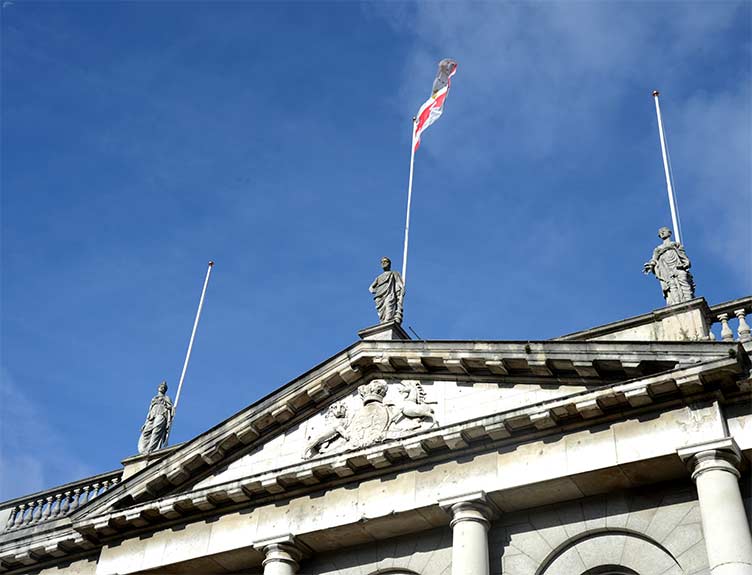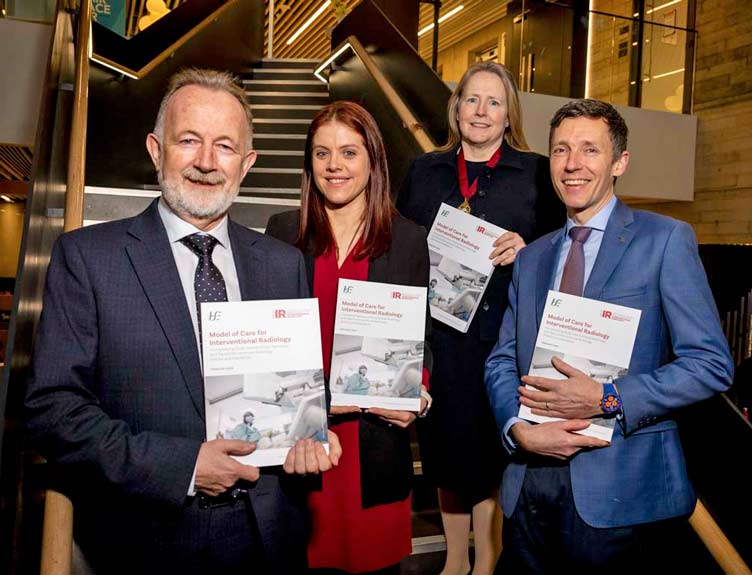Vaccine equity the challenge of our time, WHO Director-General addresses THE Impact Forum
World Health Organization (WHO) Director-General, DR Tedros Adhanom Ghebreyesus, said that the delta variant of the coronavirus is spreading rapidly among unvaccinated populations and in nations where COVID-19 restrictions have been lifted.
Dr Tedros made the comments during a keynote address at The Times Higher Education (THE) University Impact Forum: Health and Well-being, which took place in partnership with RCSI University of Medicine and Health Sciences on 7 and 8 July 2021.
Stressing the importance of vaccine equity, Dr Tedros said: "Vaccine nationalism, where a handful of nations have taken the lion's share, is morally indefensible and an ineffective public health strategy against a respiratory virus that is mutating quickly and becoming increasingly effective at moving from human to human. At this stage in the pandemic, the fact that millions of health and care workers have still not been vaccinated is not acceptable."
Dr Mike Ryan, Executive Director of the WHO Health Emergencies Programme, called for better action by governments, urging countries to support COVAX and the Access to COVID-19 Tools Accelerator so that all countries can get the diagnostics, therapeutics and vaccines they need. Dr Ryan said: "There are enough vaccines in the world to protect everybody who is older or has underlying condition and health workers. We have a two tier pandemic and it is having real consequences for people."
Professor Hannah McGee, Dean of the Faculty of Medicine and Health Sciences, RCSI, said that research on the pandemic must prioritise human and political behavior: "We focus very much on the biology of the virus rather than on the behaviour of populations, on individuals and – indeed – on political systems. We need to get much better at understanding what it is that countries who have fared better in this pandemic are doing. Much of it is not about money. Basic individual behaviours make a difference, and basic political decisions make enormous differences."
Over two days, the forum brought together thought leaders and experts from higher education to share research, ideas and solutions that address the global health conditions and diseases that impact human outcomes around the world.
Highlights included masterclasses on the prioritising post-pandemic health and well-being; next generation of innovation in health and well-being; partnerships for better health and well-being; and optimising health and well-being using lifestyle medicine and positive psychology.
The forum is part of a series of events on the United Nations SDGs from THE, the global authority on higher education. The forum addressed the role that universities can and should play in promoting sustainability and development to advance health and equity post-pandemic.



